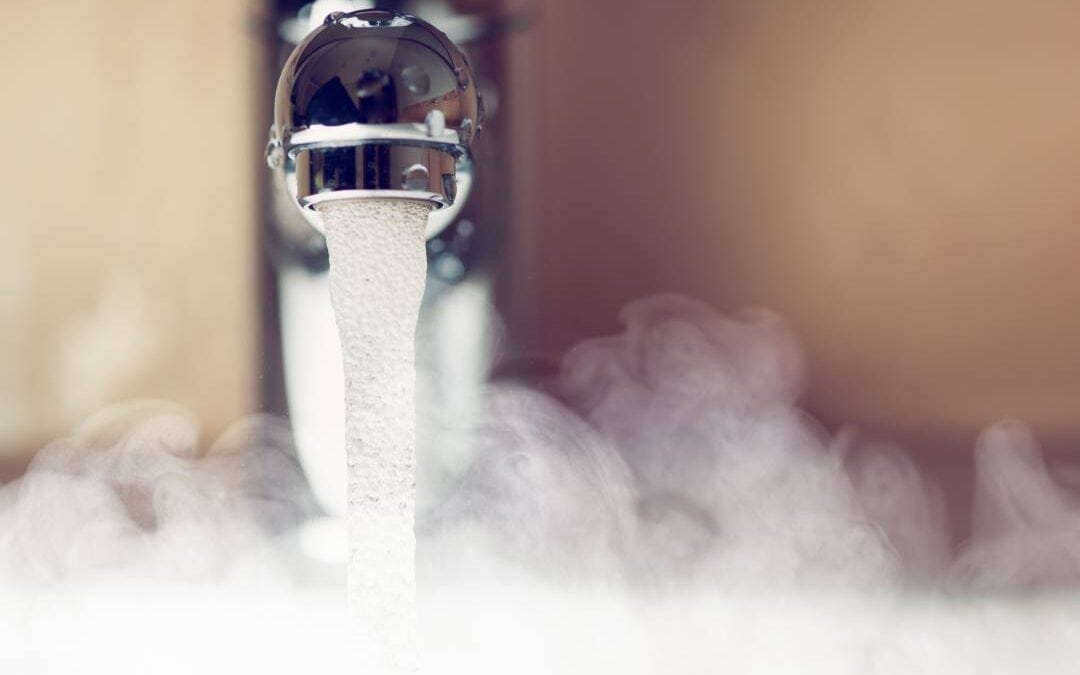The weather is not always cool in Australia. Despite the situation, hot water installation in Sutherland Shire and other areas is still essential. You might be happy with the current hot water system you have however, if you’re looking for ways to switch to a sustainable solution, you might want to upgrade or replace it. To ensure you’re making the right decision, you need to consider the fuel type, size and running costs of your next system.
Types Of Hot Water System
There are several types of hot water systems in Australia. Here they are and how they function:
1. Storage Tank Water System
This system consists of a tank, a heater and pipes that carry cold water in and draws hot water out. Ideal for single-family homes, it can hold up to 300 litres of hot water. It is either fueled by natural gas or electricity to heat the water. The storage tank ensures you always have a supply of hot water, however, this means more energy consumption. Although it may sound inefficient, a plumber in Sutherland Shire can help you with solutions.
2. Instantaneous Systems
With an instantaneous hot water system, you have an endless supply of heated water. Powered by natural gas, LPG or electricity, it is a tankless option and requires minimal space for installation. Since it’s tankless, the water is heated just when you need it, lowering down your electricity cost. An instantaneous or continuous system is ideal for every household that wants fast hot water.
3. Electric Hot Water System
This is the cheapest among all options. As a result, it’s the most common yet possibly the most expensive to have in the long run. The water is heated with a conductor in the bottom and store in an insulated tank, available for use throughout the day.
4. Solar Hot Water System
A solar hot water system is the most energy-efficient option. However, it is the most expensive one to install. It has solar collectors that use the sun’s energy to heat water. However, when the sunlight isn’t enough, gas or an electrical source will automatically turn on for backup.
When Should You Replace Or Upgrade Your Current Hot Water System
If you notice some of these signs, it might be a clear indication that you need a hot water system replacement or an upgrade:
- Your unit is at least 8 years old
- Discolouration of hot water
- The water smells or tastes rusty
- Your unit is noisy
- Increase in consumption and energy bills
- The storage tank or water system is leaking
- Inconsistency in temperature
- Frequent need for repair
You can extend the lifespan of your hot water system if a reliable plumber is maintaining it. However, wear and tear are inevitable. When you notice some of the clear signs mentioned above, don’t wait until your hot water system completely shuts down. Meanwhile, if you’re thinking of upgrading your hot water system into a more efficient option, it’s important to ask the right questions. To have a more guided decision, you can follow the government’s guidelines here.

